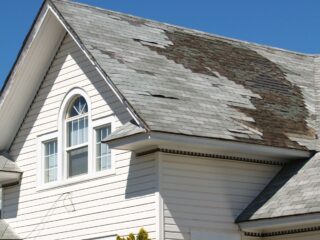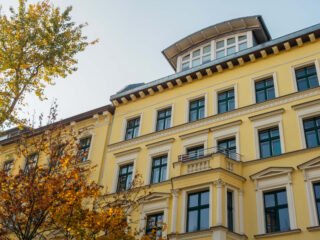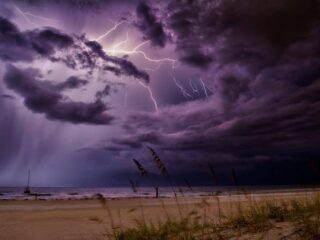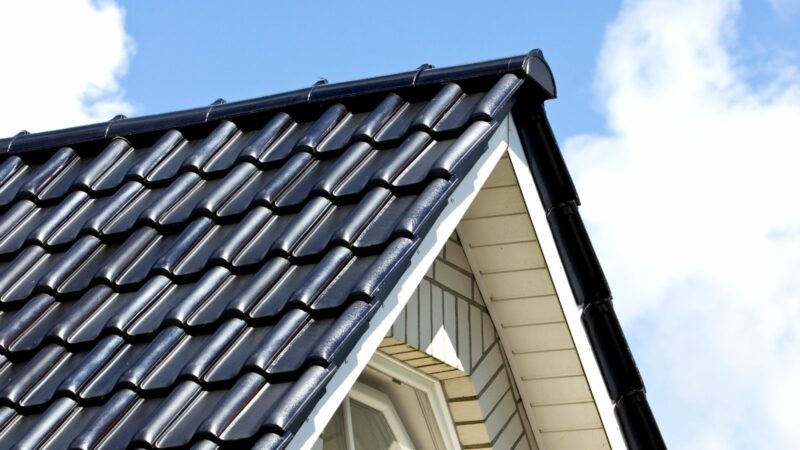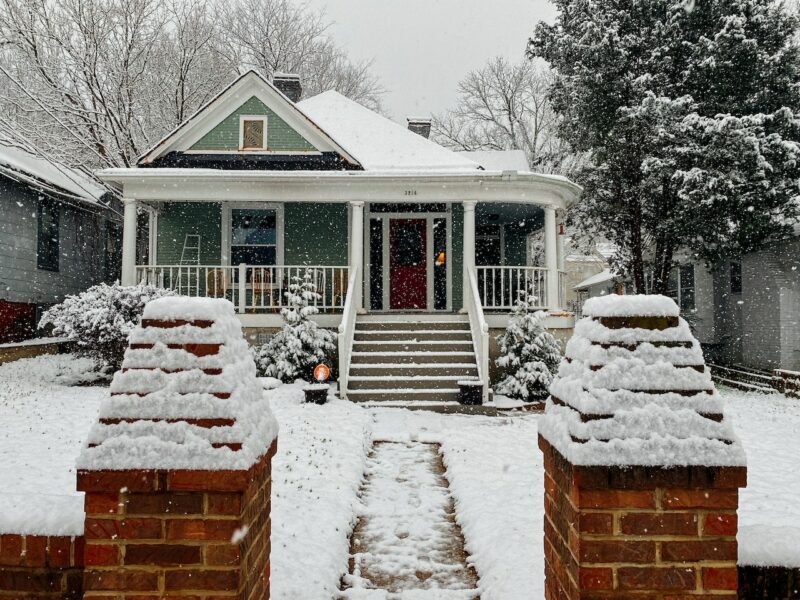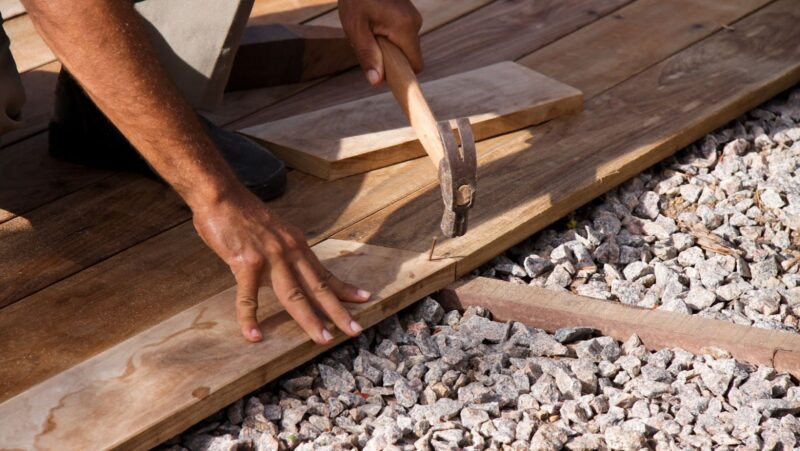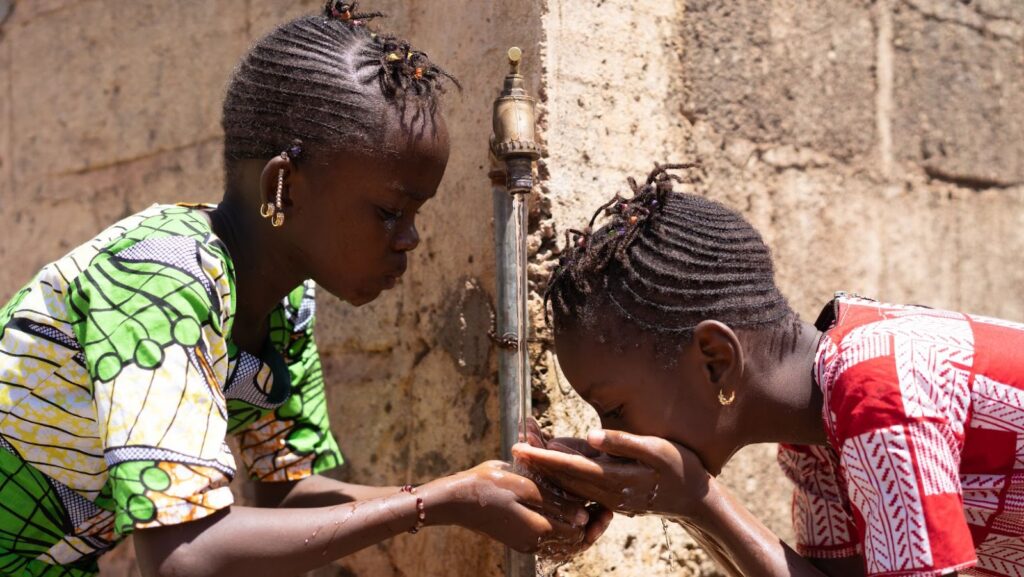
Most citizens of industrially and technologically developed countries don’t think twice about their water supply. More or less reliable water distribution systems mean easy access to clean water for everyone in a given municipality or community. But in places where infrastructure is not as robust and economic vulnerability makes advances slow or impossible, water has a different story.
Global Water Access Statistics
According to a report by UNICEF and the WHO, one in four people worldwide lacked immediate access to safe water, and one in ten still had to travel thirty minutes or more to retrieve it in 2020. Despite UNICEF’s 30 years of installing solar-powered water pumps in under-developed remote locations and the thousands of lives they’ve improved and saved, the world is hurting for clean water as much as ever.
Case Study: Serkema, Nigeria
For the people of the village of Serkema in Nigeria, safe, immediately accessible water is everything. Located in the rural Nigerian countryside in an area that has been severely affected by drought, the girls and women of the town rose early every day to hike for hours to look for water, often with children on their backs. Some of the older women never remembered it being any other way until 2007 when the Nigerian government dug a borehole in the nearby mountain.
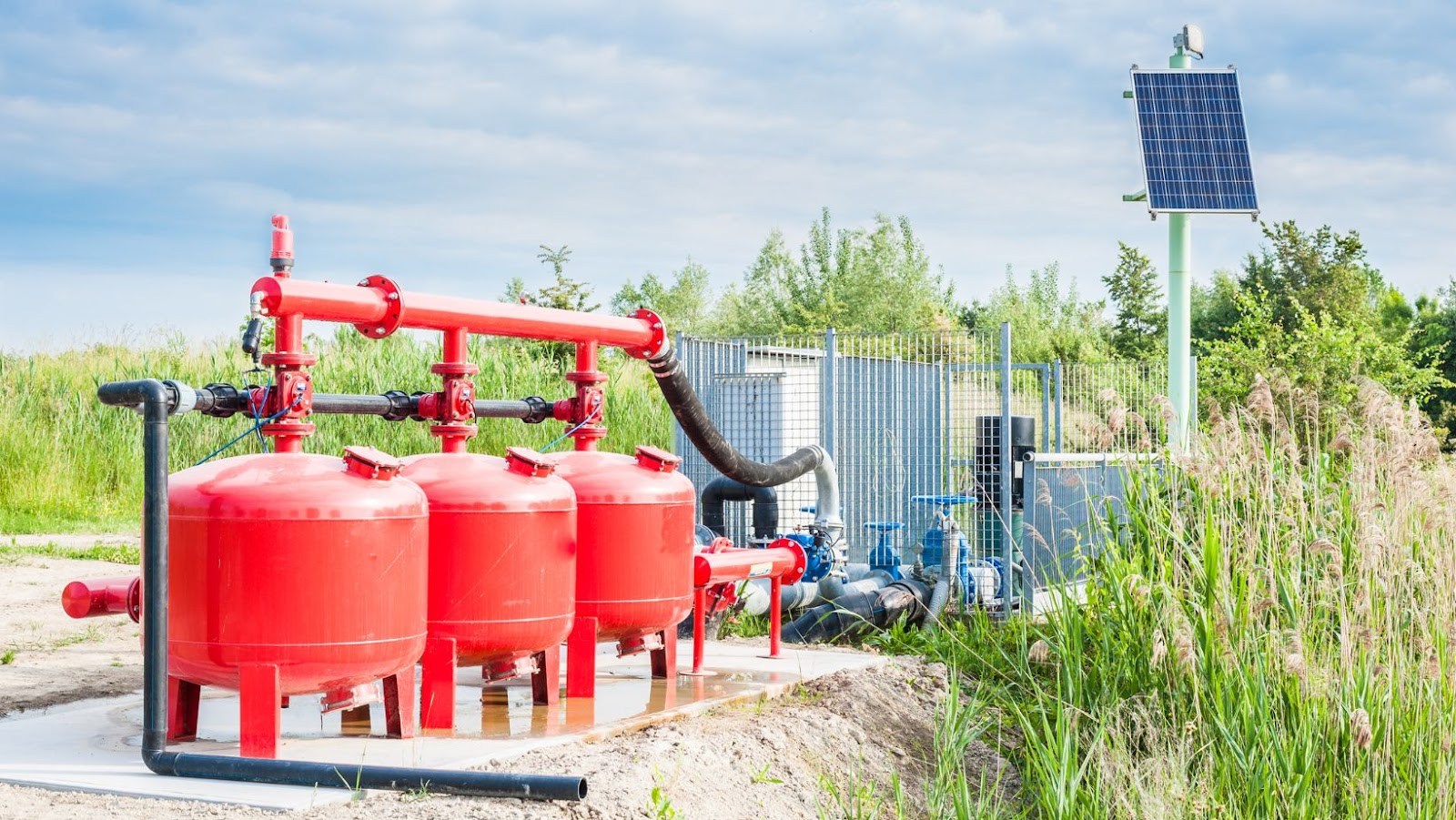
Hope
Suddenly, water was available where it had not been. Girls could go to school, and mothers could be at home with the little ones. But a new problem quickly became insurmountable– the water pumps the government had installed and left under the care of the village were diesel-powered. The three main challenges were:
- Cost
- Transportation
- Maintenance
Defeat
Diesel prices have risen so tremendously in the last few years that even developed countries are struggling to keep up with inflation. On top of the fuel costs for the people of Serkema, transporting barrels of diesel on the backs of donkeys proved unbearably inefficient. Even when they managed to overcome these obstacles temporarily, the generator and pumping equipment began to break down often.
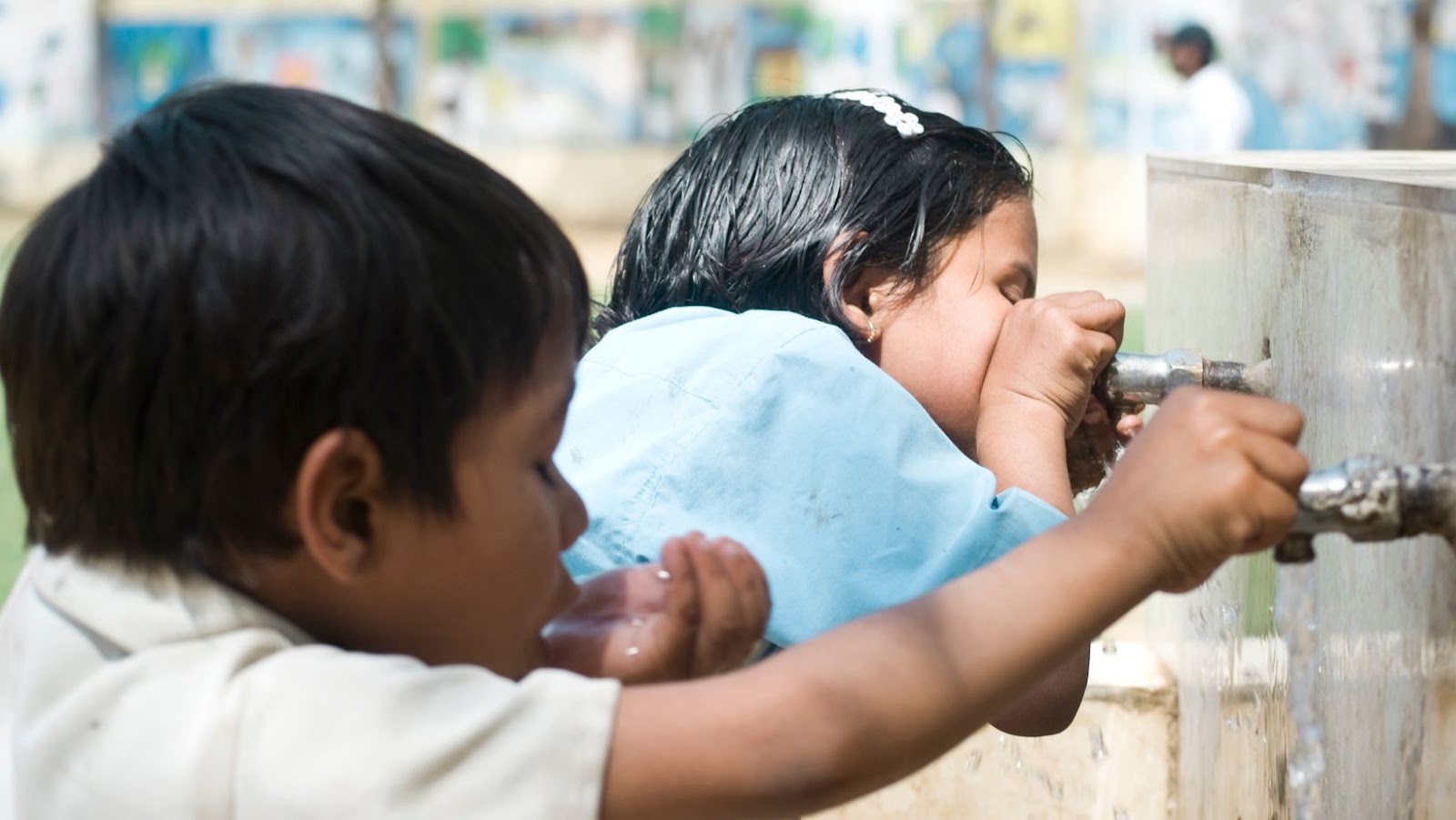
The water situation reverted back to desperation within a short time of the Nigerian government’s deep-well installation. The girls and women went back to foraging for brackish water in the surrounding wilderness.
Real Solutions
It went this way until UNICEF secured financial support from the Netherlands to construct a solar-powered water distribution system in Serkema in 2020. The new system is cost-effective as its power source is the abundant African sun, and UNICEF took the time to train several locals in proper equipment maintenance. Finally, the girls who spent all day searching for water are back in school, and the schools have clean water on tap from a sustainable source.

